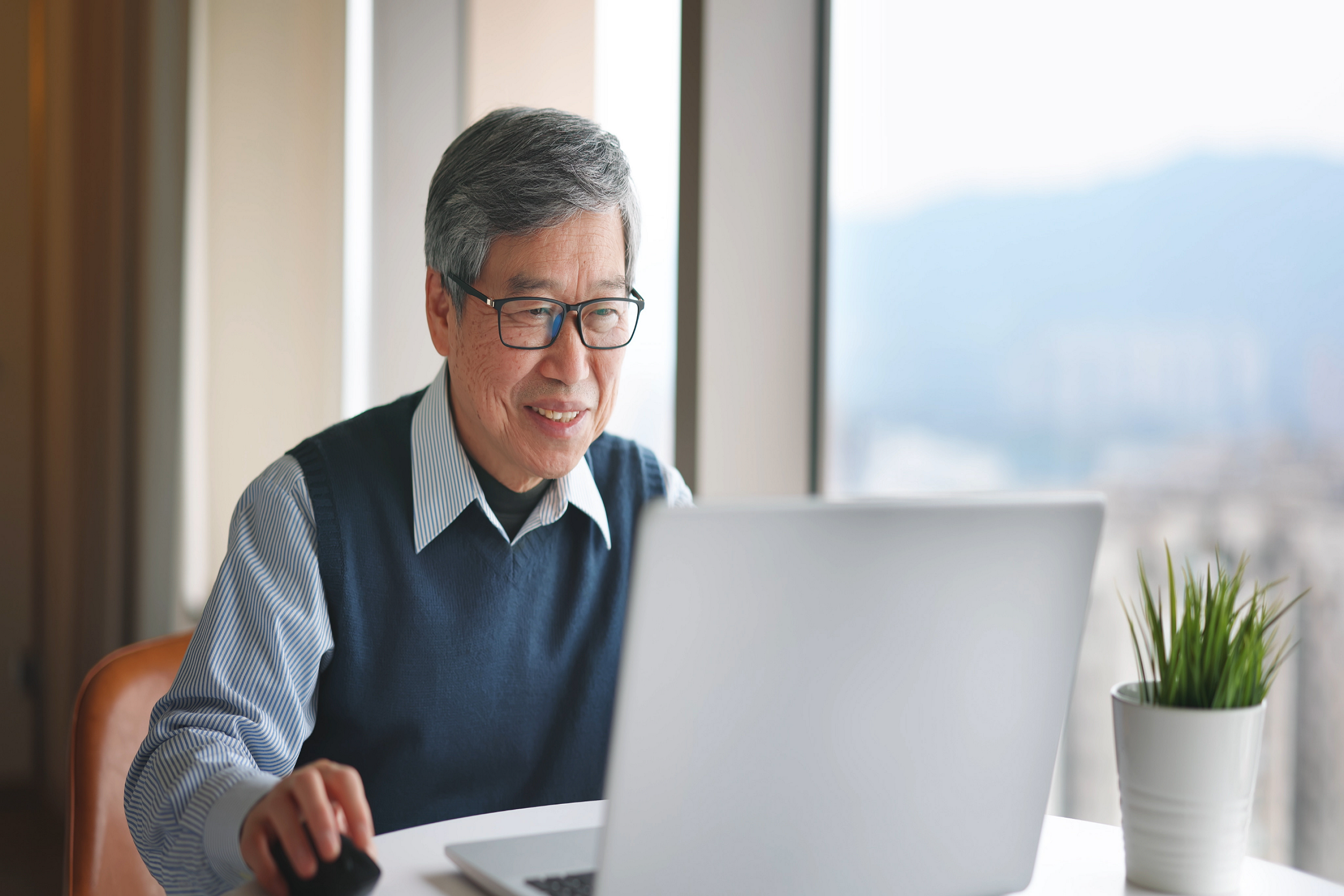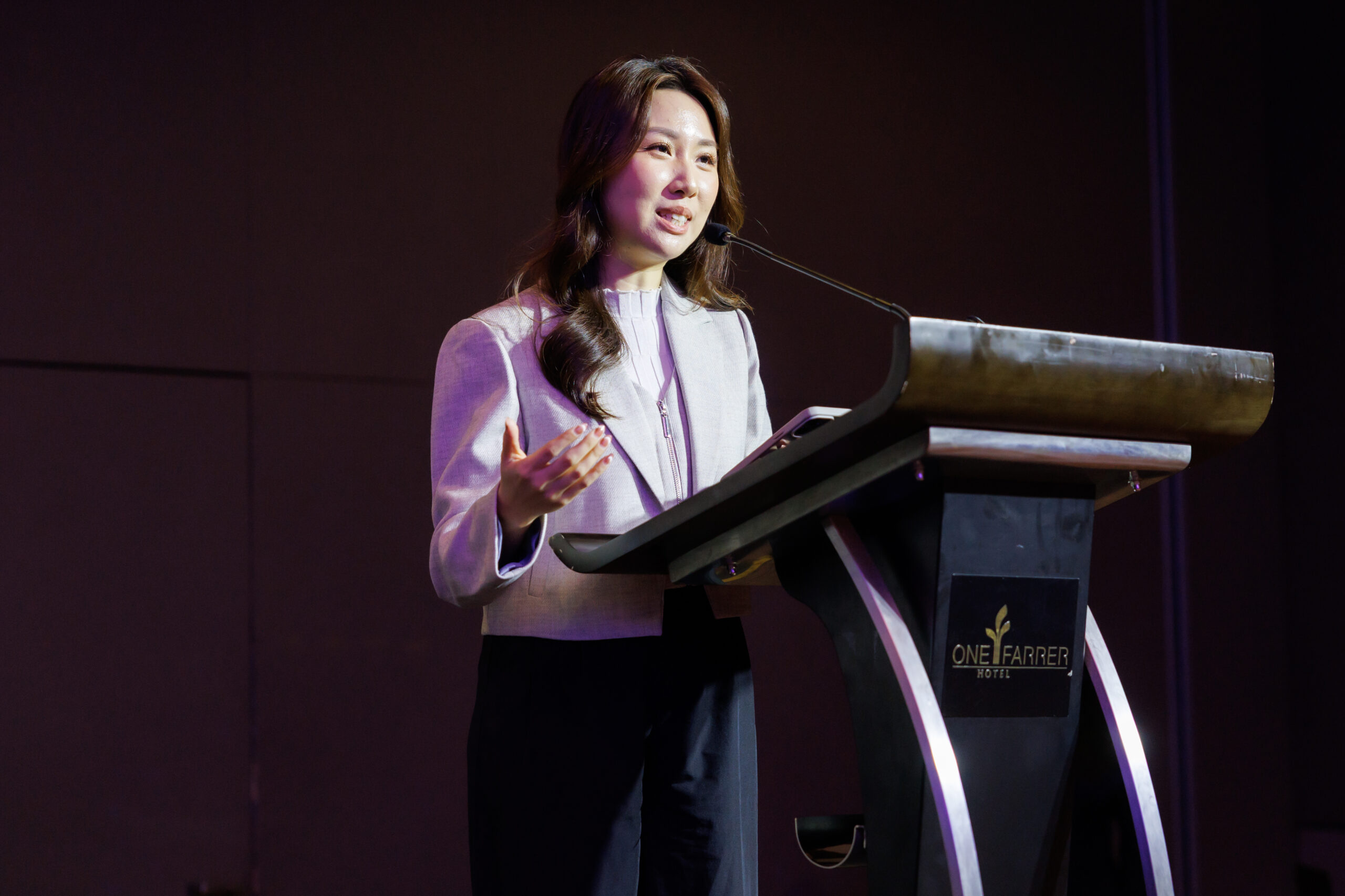Employees in South Korea must pay more to support pension scheme
- Josephine Tan

Rapidly changing demographics coupled with slowing economic growth are expected to lead to the South Korean public pension reserve running out two years earlier than previously estimated.
The health ministry committee evaluating the National Pension Service financial projections has concluded that reserves will be depleted by 2055, as funding is expected to decline from 2041. In the event of depletion, employees will have to provide more than 26% of their income as pension benefits to retirees, unless the state budget is able to cover part or all of these costs.
Jeon Byung-mok, a Senior Fellow at the Korea Institute of Public Finance, led the 12-member committee, which said that contributions are expected to decline as the younger generation compelled to pay premium shrinks, while pension expenditures are projected to increase as the number of retired, older people grow.
The committee also projected that starting in 2025, those subject to compulsory retirement plan contributions must double their contributions to maintain the pension’s accumulated reserve at the same levels as its annual expenditure 70 years from now. The hike will be 2.3-fold higher if it is delayed to 2035.
READ: South Korea priorities job creation for older jobseekers
Jeon called for pension reform, warning, “The more delays there are in carrying out the pension reform, the heavier financial burden the future generation has to bear.”
In March, a final projection will be released, providing a range of outcomes based on various scenarios. It will lay the foundation for a five-year pension initiative, which may include pension reform, and will need to be approved by South Korean President Yoon Suk Yeol in September and proposed to the National Assembly in October, reported The Korea Herald.






